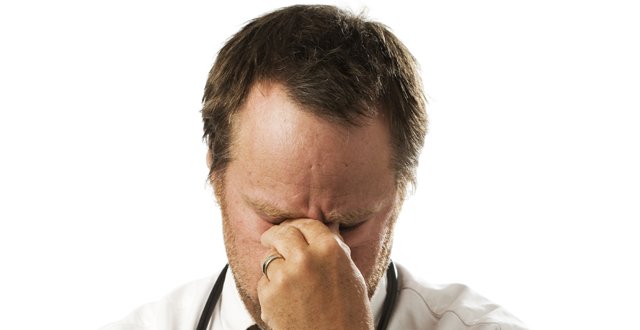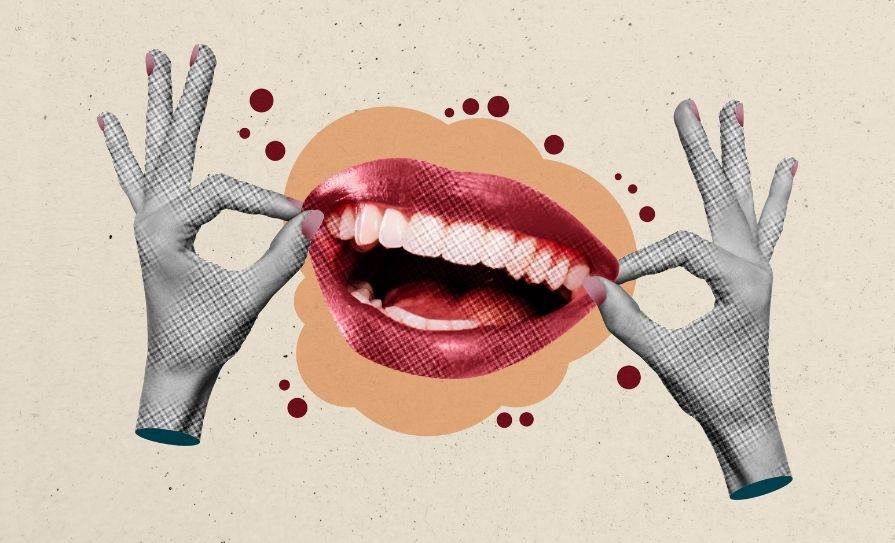Burnout is no joke and in all probability, most of us have suffered from it at some intermittent stages in our lives. The consequences for ourselves, the people closest to us and ultimately the patients you care for are significant and there is an onus on every healthcare professional to be aware of the sometimes subtle symptoms.
I had the pleasure of recently attending a talk by consultant cardiologist Dr Paddy Barrett, who delivered a powerful presentation on the potential implications of burnout for both physicians and patients.
Simply put, any physician who interacts with patients is at risk of burnout and it is an issue that reaches far beyond the shores of Ireland and even mainland Europe. Most physicians are already meeting the metrics required that would determine a ‘good job’ — a decent salary, a position of respect, and so on. But the day-to-day reality is that burnout occurs because of more subtly insidious factors and how doctors experience their everyday working environment.
Older doctors are no strangers to burnout but the problem has migrated over the years, as Dr Barrett explained. The very concept of ‘burnout’ used to mean somebody sitting at home, unable to attend work, but the reality is that many of the people you work with every day are burned-out and most of us are blind to both this fact and the downstream consequences.
Dr Barrett provided a description of burnout by one physician with whom he spoke, which I think is worth repeating: “I’d use the analogy of a teapot… just like a teapot, I was on fire with boiling water, working hard to handle problems and do good. But after several years, I was still on fire but the boiling water had run out… I was still on fire, a burned-out teapot in danger of cracking.”
The three archetypal areas around burnout as explained by Dr Barrett are emotional exhaustion; depersonalisation; and lack of efficacy. This is distinct from tiredness per se; somebody who ticks the three boxes above is completely depleted and gets no meaningful satisfaction from their work. If you’re looking for a warning sign, it is often that no matter how many days you take off or constructive recreational activities you pursue, it seems impossible to replenish your enthusiasm or energy levels.
On depersonalisation, the burnout sufferer sees their working environment and patients as the cause of the majority of their stress. As an act of self-preservation, they build a barrier around these aspects of their lives and lose the ability to build a rapport with patients, therefore isolating themselves even further.
This can result in a hard-hearted cynicism that all too often bleeds into a doctor’s personal life. “The acid test for me is the front door of the hospital,” said Dr Barrett. “If you are at the front door of your unit and feel like turning around and walking out again without doing anything, and if you feel like anyone who asks you to do anything is in your way, there’s a chance you are burned-out,” he explained.
He raised a lot of thought-provoking questions. Do you feel like whatever you do or say is making absolutely no difference? If so, this could be another red-flag.
However, Dr Barrett presented an interesting piece of research that came at most of us from left-field — the introduction of the electronic health record (EHR) in the US was identified as one of the main causes of burnout there. With all the talk of an EHR on this side of the pond, this is a point that should make us sit up and take notice.
He also outlined the common causes, some of which may give you pause for thought. Interestingly, an onerous workload is not normally the biggest predictor of burnout, although it is a major factor among those who are already burned-out. Another factor falls under the heading of ‘rewards’ — not just financially, but also in terms of praise, time off, and so on. Working in silos and a perceived absence of fairness also contribute.
But the top-two factors are described as ‘value conflicts’, where your personal values are not in line with the organisation you work for, and the number-one factor is a feeling of a lack of control. The latter refers to the resources you can bring to bear on your environment and your very future.
A phrase specific to healthcare might resonate with you, as explained by Dr Barrett: “My successes go away, but my failures come back to haunt me.” In today’s ultra-connected life, there are plenty of opportunities for negative feedback, but positive feedback is often sorely lacking.
Physicians themselves are often the last to know they are suffering from burnout, when it is obvious to those around them. The last word to Dr Barrett, who describes the matter with his customary eloquence: “The reality is, you cannot treat burnout. Treatment for burnout has been historically designed to treat individuals, but it is not individuals who are driving the cause — it is largely organisational ecosystems driving the cause. We don’t need to train people in resilience who are working in healthcare — we need to make the organisations more resilient.
HSE, Department of Health and other organisations and healthcare systems, please take note, for the sake of your doctors and their patients.













Leave a Reply
You must be logged in to post a comment.